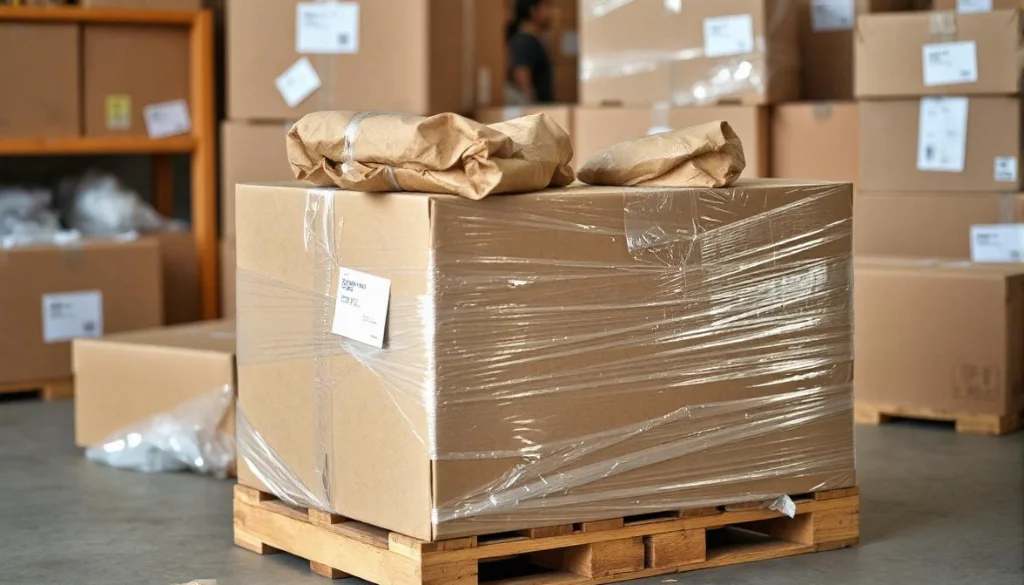
Key Sustainable Packaging Trends in 2025
As environmental awareness continues to grow, sustainable packaging trends are transforming industries worldwide. In 2025, the focus on eco-conscious materials, innovative technologies, and waste reduction has become essential for meeting both consumer demands and regulatory standards. Moreover, these advancements position businesses as leaders in sustainability while supporting global environmental goals.
Emerging Innovations in Eco-Friendly Packaging
To stay competitive and environmentally responsible, companies are adopting cutting-edge eco-friendly packaging solutions. Here are the key innovations shaping the industry:
- Bioplastics
Bioplastics, derived from renewable sources like corn starch or sugarcane, are replacing traditional plastics. These biodegradable alternatives significantly reduce pollution and align with consumer preferences for green packaging solutions. - Smart Packaging
Smart packaging integrates technology, such as sensors or QR codes, to monitor freshness, track shipments, or reduce waste. For example, sensors in food packaging can alert users when a product is nearing its expiration date, enhancing efficiency and reducing spoilage. - Minimalist Designs
Minimalist packaging focuses on reducing material use while maintaining product protection. By eliminating unnecessary layers and using lightweight materials, businesses not only cut costs but also minimize their carbon footprint.
Benefits of Embracing Sustainable Packaging Trends
Adopting sustainable packaging trends offers significant advantages for businesses and the planet:
- Environmental Impact
Using eco-friendly packaging reduces pollution, conserves natural resources, and supports a circular economy. Materials like compostable films and recyclable containers help businesses contribute to global sustainability efforts. - Brand Reputation
Companies embracing green packaging solutions are seen as environmentally conscious leaders. This not only attracts eco-minded consumers but also builds long-term brand loyalty. - Cost Efficiency
Although sustainable materials may have higher upfront costs, they often lead to long-term savings. Reusable designs and lighter materials reduce shipping expenses and waste management fees.
Real-Life Applications of Sustainable Packaging trends
Case Study: A Beverage Company
A global beverage brand transitioned to bioplastics for its bottles, cutting plastic waste by 40%. This move resonated with eco-conscious consumers, boosting sales and enhancing brand image.
Case Study: A Retailer
An online retailer adopted minimalist designs for its shipping boxes, reducing material use and cutting shipping costs by 20%. Additionally, customers appreciated the reduced waste, strengthening brand loyalty.
Tips for Implementing Sustainable Packaging
- Assess Your Current Packaging
Identify opportunities to replace traditional materials with sustainable alternatives, such as biodegradable or recyclable options. - Collaborate with Suppliers
Partner with suppliers who specialize in eco-packaging innovations to ensure access to the latest sustainable materials. - Educate Consumers
Use your packaging to inform customers about its eco-friendly features, encouraging them to recycle or reuse it.
Conclusion
In 2025, sustainable packaging trends are reshaping the future of logistics and consumer goods. By adopting innovations like bioplastics, smart packaging, and minimalist designs, businesses can enhance their brand value while reducing their environmental impact.
Contact us today to learn more about how our eco-friendly packaging strategies can support your sustainability goals and transform your business!




